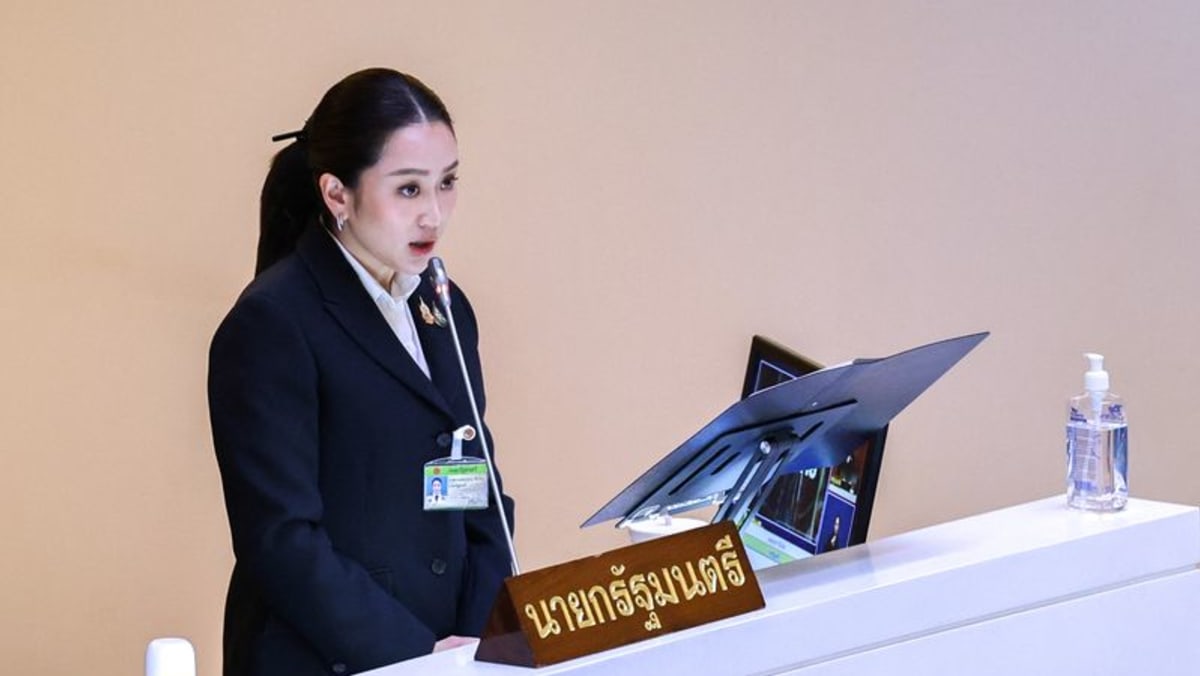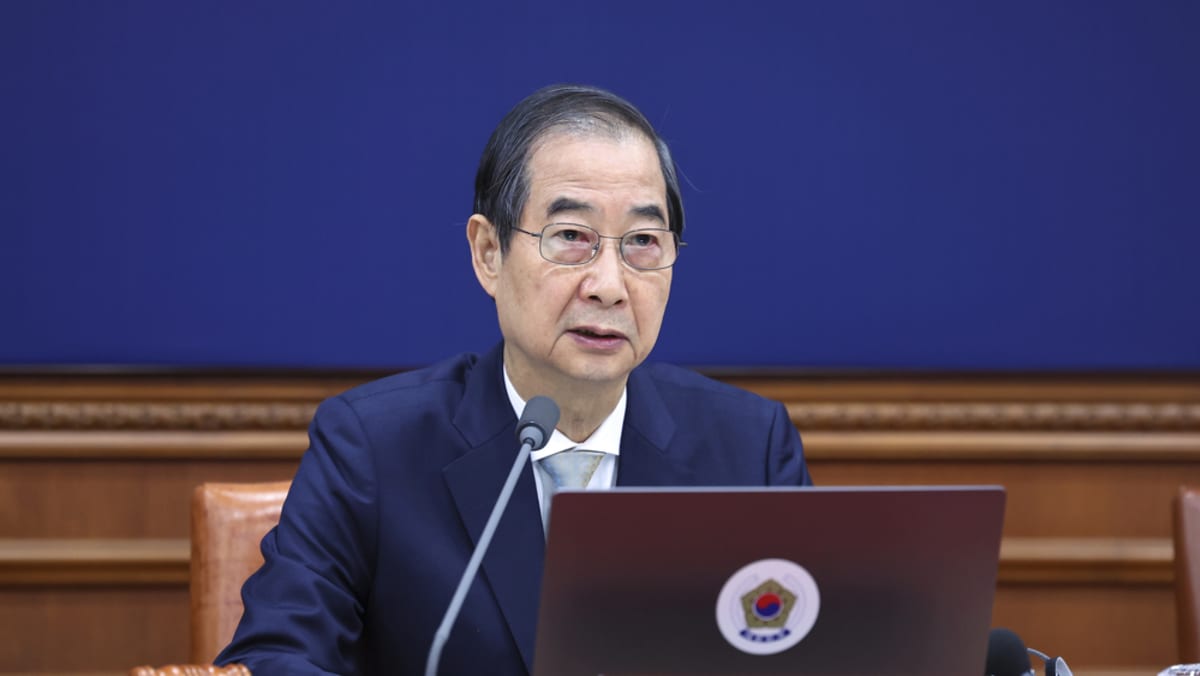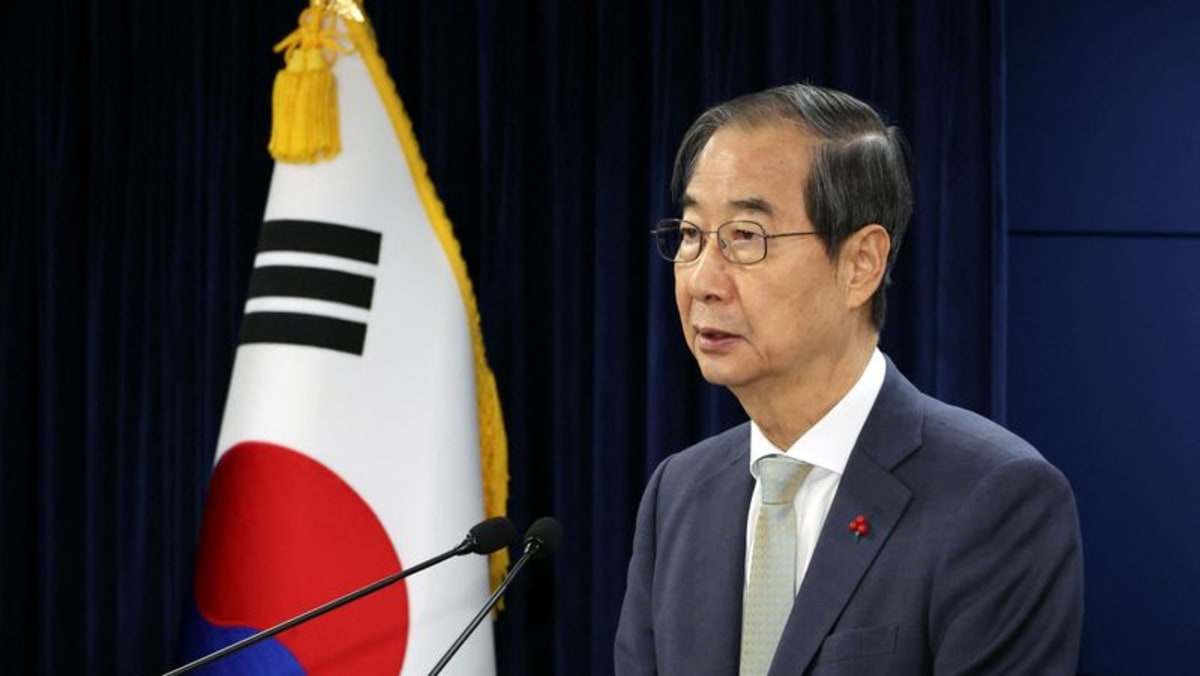Commentary: It’s a pity Malaysia backed down from its bold generational smoking ban

NO BOLD STEP FOR PUBLIC HEALTH
The new standalone tobacco law is necessary but stops short of being bold for the sake of public health. Having been publicly contemplated for more than a year, the smoking endgame policy is now sorely lacking in the approved Bill.
Malaysia’s vision is to be a smoke-free country by 2040 – usually defined as reducing the prevalence of smoking to less than 5 per cent by global experts. But how will that be achieved?
The old tobacco controls have not been sufficient – more than 20 per cent of Malaysian adults, or almost 5 million people, smoke according to Malaysia’s national health survey in 2019. Research suggests other measures like reducing nicotine content in tobacco to non-addictive levels could help create a smoke-free environment.
It would have been ideal if previous Malaysian governments had banned vaping when it first emerged in the early 2010s, while working on minimising cigarette smoking. Former health minister Khairy Jamaluddin can be credited for thinking out of the box and proposing the generational endgame measure as a middle ground, after his government refused to ban vaping.
Dr Zaliha has said that the ministry did not discount the possibility of re-introducing the generational endgame provision in future if there is a need for it in future. Still, not doing it now is a wasted opportunity.
With a government that has called for healthcare reforms, Malaysia’s aim should be achieving smoking endgame targets, not merely controlling smoking products. Many health achievements will just end up in smoke without a goal to end smoking,
Loh Foon Fong is a senior freelance health journalist based in Malaysia.
Source: CNA














